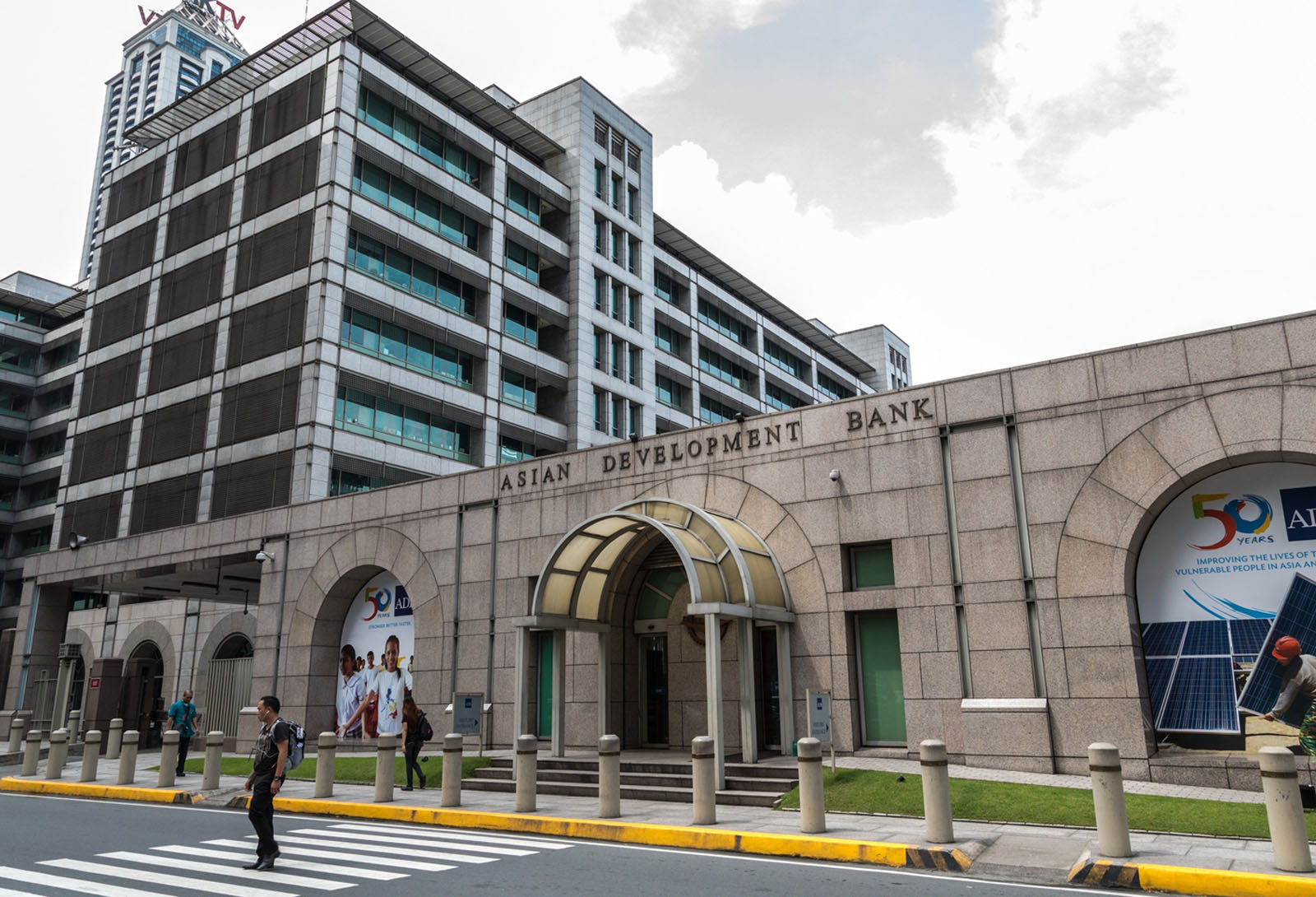The Asian Development Bank (ADB) has warned that Pakistan’s fragile economic recovery faces significant risks from political instability, security challenges, and external shocks. In a recent fact sheet, the bank identified institutional weaknesses, bureaucratic delays in land acquisition, and price volatility as major barriers to effective project implementation. While tripartite meetings between ADB, government, and agencies help resolve issues, sustained fiscal discipline and structural reforms remain critical.
The ADB emphasized that Pakistan must expand its tax net, overhaul state-owned enterprises, and invest in health and education to ensure long-term stability. Additionally, boosting climate resilience, high-value exports, and private sector participation are vital. The bank has so far committed $43.4 billion across 764 projects in Pakistan, with an active sovereign portfolio of $9.13 billion. Recent funding includes a $500 million climate resilience loan and $1.5 billion for flood rehabilitation (2023-25).
ADB’s current non-sovereign portfolio in Pakistan stands at $234.94 million, focusing on energy, transport, and social protection. A new Country Partnership Strategy (2026-2030) is in the works, prioritizing private sector growth, digital transformation, and sustainable infrastructure. The bank also plans to support governance reforms and disaster preparedness, particularly after the devastating 2022 floods.
With $33.44 billion already disbursed in loans and grants, ADB remains a crucial development partner. However, Pakistan’s ability to implement reforms—despite political and economic headwinds—will determine whether recovery gains momentum or falters in the coming years.


